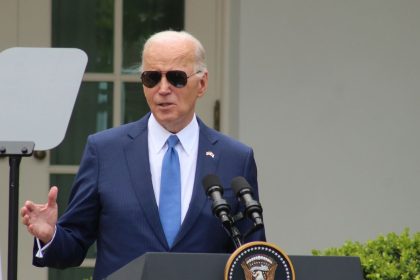FDA User Fee Programs Set to See Reauthorizations but With Changes

WASHINGTON — The Senate Committee on Health, Education, Labor and Pensions voted on Tuesday to advance legislation that will reauthorize a number of important U.S. Food and Drug Administration user fee programs.
“This is the most important, comprehensive FDA legislation to come out of this committee in many years,” said Sen. Patty Murray, D-Wash., who serves as chairwoman of the Senate HELP Committee, during the hearing.
FDA user fee legislation ensures that as the FDA gets more new drugs or devices to consider for approval, it also gets more resources to support that work. The committee passed the FDA Safety and Landmark Advancements Act by a vote of 13-9.
In the bill, the committee has taken action in areas ranging from regulating dietary supplements, cosmetics reform, modernizing accelerated approval pathways and taking steps to make it easier for cheaper, generic and biosimilar drugs to get to market.
“These changes will help ensure that the FDA prioritizes patients, and will help bring down health care costs which so many families are struggling with,” said Murray.
The committee also took action in the bill to provide a path for safe prescription drug importation from Canada.
“This is going to be a big deal… for access to safer drugs at lower prices,” said Murray.
The bill will also establish a deadline for FDA to issue a final rule on over-the-counter hearing aids, no later than 30 days after the enactment of the FDASLA.
Wedged into the legislation packet is also the VALID Act, known as the Verifying Accurate, Leading-Edge IVCT Development Act, which would establish a regulatory category called in vitro clinical tests, including current laboratory developed test services, and support the next generation of medical products.
Also included in the legislation are new steps to hold FDA and manufacturers accountable to address infant formula shortages, such as requiring the FDA to submit a report to Congress on the timelines related to FDA’s review of premarket submissions for infant formula, and publishing a list on the FDA website detailing which infant formula products may be appropriate substitutes for infant formula products in short supply that are relied on by individuals with amino-acid and metabolic conditions.
The House voted 392-28 to pass legislation H.R. 7667 on June 8 to reauthorize FDA user fee programs.
The FDASLA will now head to the Senate floor for a full vote that is expected to occur sometime before the end of September, as current user fee agreements for the FDA are set to end on Oct. 1, 2022.
Alexa can be reached at [email protected]

























